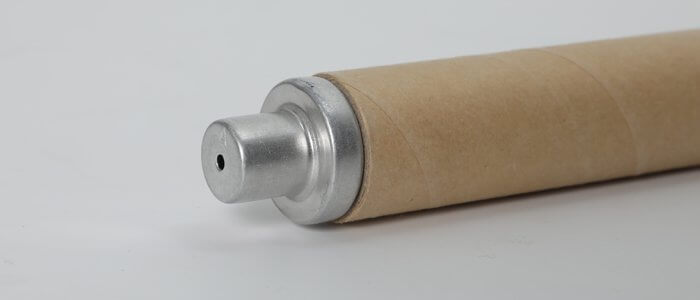Introduction
In the steel and metallurgical industry, quality control is a vital aspect of product development. The metallurgical sensors play a key role in the monitoring and control of the production process. These sensors enable the industry to meet the ever-changing requirements of today’s market by consistently producing high-quality metal products. This article discusses the application of metallurgical sensors in the steel industry and a case study outlining the benefits of using these sensors.
Metallurgical Sensors
Metallurgical sensors are highly specialized devices that use advanced technology to measure various parameters in the steel and metallurgical industry. The sensors can measure parameters such as temperature, pressure, flow rate, viscosity, and levels of various elements in the raw materials and finished products. These measurements enable manufacturers to control the quality of the products they produce. Furthermore, they provide manufacturers with real-time information about the production process, allowing them to make adjustments that optimize efficiency and reduce costs.
Application of Sensors in Steel and Metallurgical Industry
Metallurgical sensors are increasingly used in the steel and metallurgical industry to monitor and control the production process. The sensors enable manufacturers to measure key parameters, which have a significant impact on the quality of the products they produce. The following are some of the applications of metallurgical sensors.
Temperature Control
Temperature control is a crucial aspect of the steel and metallurgical industry. The temperature of the metal during the production process affects the quality of the finished product. Metallurgical sensors are used to measure temperature at various stages of the production process, thus enabling manufacturers to maintain optimal temperatures that result in a high-quality product.
Pressure Control
Pressure control is another critical aspect of the steel and metallurgical industry. The level of pressure exerted during the production process affects the quality of the finished product. Metallurgical sensors are used to measure the pressure at various stages of the production process, enabling manufacturers to maintain optimum pressure levels that result in a high-quality product.
Flow Rate Control
Flow rate control is essential in the steel and metallurgical industry. The flow rate of the raw materials during the production process affects the quality of the finished product. Metallurgical sensors are used to measure the flow rate and provide manufacturers with real-time information to control the flow rate, thus optimizing the production process and increasing efficiency.
Viscosity Control
Viscosity control is vital in the steel and metallurgical industry. The viscosity of the metal during the production process affects the quality of the finished product. Metallurgical sensors are used to measure viscosity and provide manufacturers with real-time information to adjust the viscosity and optimize the production process.
Monitoring of Elements
The steel and metallurgical industry must control the levels of various elements during the production process. Metallurgical sensors measure the levels of these elements in real-time, enabling manufacturers to control the quality of their products.



